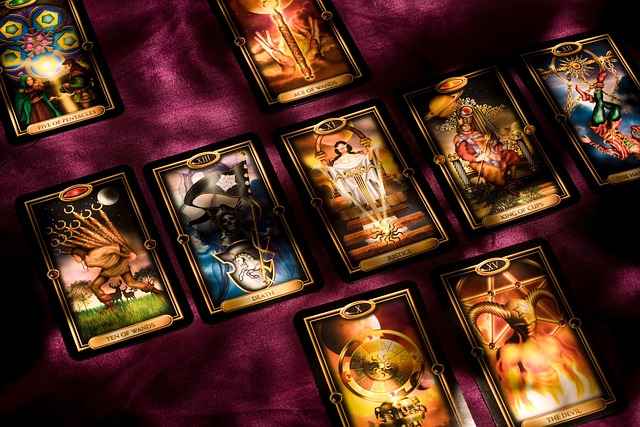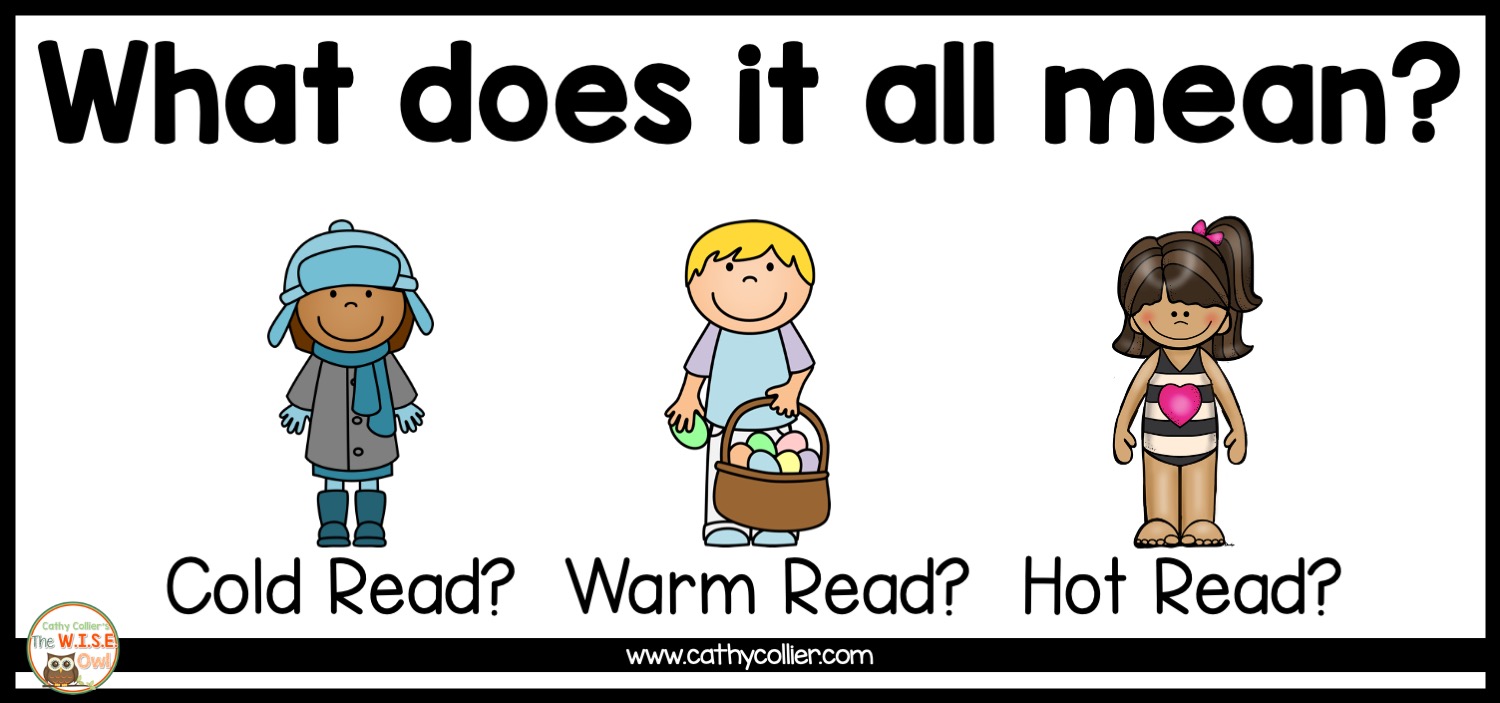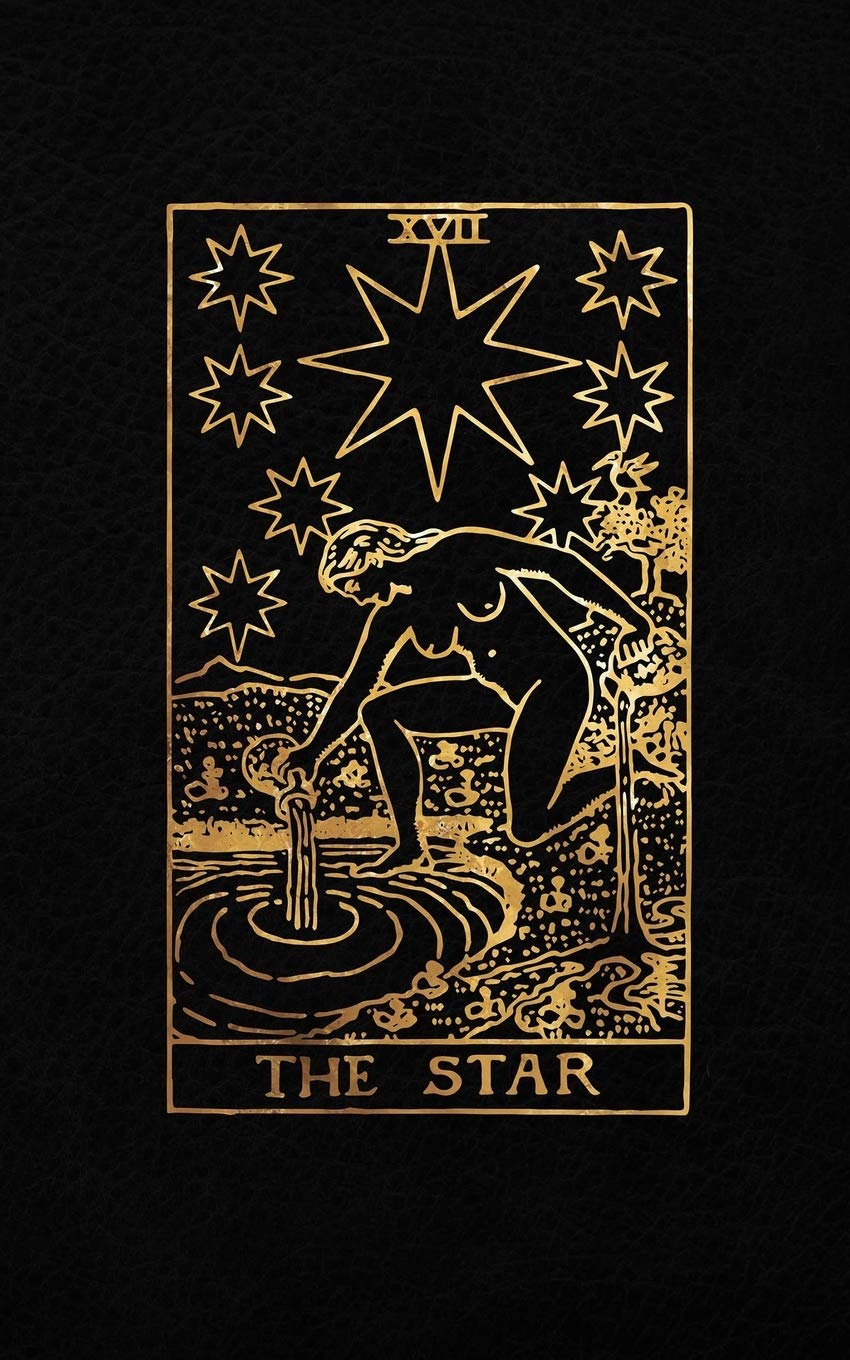
Pseudoscientific palm reading is a pseudoscientific method of fortune telling. It is also known by the names chiromancy (chirology), or cheirology. It's practiced in many cultures around the world. It's easy to learn, and it can provide you with valuable insight. Before you try to read palms for your self, however, it's crucial to understand what is involved.
Life line
Your future and health can be reflected in the life line that you place on your palms. The lifeline extends around your palm, from the edge of your thumb and forefinger. Its height is directly proportional in relation to physical vitality. A long, thick life line signifies a high life expectancy, whereas a short, thin life line indicates a low life expectancy. Long, narrow lines on the other side indicate insecurity and lack of caution.

Fate line
You can predict how your life will unfold in the coming years by using the palm reading technique. Your financial success and career will depend on how your fate line is interpreted. Your fate line should lead you to your goals. You may have to work harder if your destiny line is too narrow or long to reach your dreams and happiness.
Fame line
Examining the Fame line will reveal everything you need to know about your own fate. The Fame line is located on the palm's outside, between your thumb and index finger. It runs the length of your hand. This line is a good indicator for your personality and learning style. A curve on the line means you're creative and intelligent, while a straightline indicates you're logical.
Elementary hand
There are many different types of hands. The Elementary hand, for example, is one of these types. It is small and awkward looking, with a square hand and short, stubby fingertips. Its skin is rough and its back is hairy. This hand type, despite it being quite simple, can reveal so much about a person. This hand type is often associated with a slow, awkward personality. It can be creative and inventive.
Earth hand
The Earth hand is associated with people who are practical and sensible. They are also reliable and adept at following directions. They don't have a lot to do so are more suited for jobs that require less education and experience. These people also tend to lead simple lifestyles, but they are prone to problems with the respiratory system.

Here are some examples of readings
There are several types of readings. A palm reader will typically look for three areas in your hand: mounts and lines. A palm reader can also read four lines, including the horizontal heart line that runs across your hand. Each one represents a unique characteristic about your personality.
FAQ
What are the competitive hobbies?
You can compete in running, swimming or cycling as well golfing or tennis.
They're often enjoyed by people who are active and want to socialize.
You will probably find people around you who have the same hobby as you, if you are into physical activity.
This may mean joining a club or group where you meet regularly to play sports together.
You can also participate in team games where you play alongside others.
These include cricket, football, netball, hockey, netball, soccer, rugby, cricket, rugby, batsball, hockey, volleyball, badminton squash, handball and table tennis.
There are many types and levels of competition.
Some competitions are organized for purely recreational purposes.
Others are meant to test competitors' skills.
And still, others are designed to reward outstanding performance.
In these cases, winners receive prizes.
Other competitions are designed to test the strength and stamina of competitors.
These are known as endurance events.
For example, marathon races, triathlons, Ironman Triathlon, etc.
Athletes train hard before they compete in these events.
They will follow a strict training program to prepare themselves mentally and physically.
They may need to spend some time out of their home for preparation.
It's important to remember that not all athletes compete in every type of event.
Why do we need hobbies
Hobbies are an important part of our lives because they give us time to relax, unwind, think creatively, exercise, socialize and enjoy ourselves. You can also learn new skills and develop lifelong interests.
Hobbies help us to find meaning and purpose in our lives.
They can be a great way of spending time without having to do anything else.
They are fun!
If you don’t have the time to do a hobby, you likely don’t have any other hobbies.
Take a look at the many options that are available to you. Maybe you should consider starting a hobby.
What are observation hobbies?
Observation hobbies are those activities that allow you to watch others do what they do. They might include watching sports, reading books, going on holiday, etc. It could also include observing others.
You can learn creativity through observation hobbies. You can apply this knowledge later on when you work with others.
You'll find that if you're interested in something, then you'll have an easier time learning about it.
If you're interested in football, for instance, you could watch it or read a book. You could visit or take part in exhibitions if you are interested in learning more about photography.
If you like to play music, you can either learn the songs online or get a guitar.
If you like cooking, you could cook your own meals or visit restaurants.
If gardening interests you, you could plant vegetables or flowers.
If dancing is something you enjoy, join a dance class.
If you like painting, you could paint pictures.
If you like writing, you could write stories or poems.
Drawing pictures is a great hobby.
If you're passionate about animals you might consider working at a Zoo or looking after their pets.
If you like science, you could study biology, chemistry, physics or maths.
History lovers can watch films, read books or listen to podcasts.
If you like traveling, you could travel abroad or explore your local area.
What kinds of hobbies are appropriate for introverts.
Introverts are able to concentrate on one thing at once. They tend to prefer solitary activities such as reading, writing, playing music, watching movies, etc.
They also like to be alone. They don't enjoy being social all day. They are often bored when surrounded in people.
Introverts are often drawn to hobbies that require solitude. Introverts may love reading books, listening and/or playing music, or painting, drawing, writing poetry and taking photographs.
Introverts may even prefer to live alone. This allows them to concentrate on their hobby and not be distracted.
What are some good hobby ideas?
Hobby Ideas For People Who Love to Teach and Learn.
Hobbies can allow you to be creative and have fun while learning.
There are many hobbies. But they all share similar characteristics. These hobbies are often enjoyable and require minimal effort.
These also involve helping others.
Even though you might not think of yourself to be a teacher or a tutor, chances are there are things you can do that could help someone else.
So if you want to be more creative in your life, consider starting a hobby where you can use your skills to help others.
How do I find a hobby to pursue?
You may feel overwhelmed when you start your quest to find a hobby.
You're probably thinking, "I'm not very artistic," or "I'm terrible at sports," or maybe even "I don't know anything."
The truth is that you likely already have a lot experience in your chosen hobby.
It's just not something you're aware of.
Take a tour of your house. How many things do you own?
Do you have any old toys lying around?
Maybe you have a collection of books or magazines.
Maybe you've always wanted to learn how to cook.
Maybe you want to get back into playing the guitar.
Whatever your hobby, it's possible to make it a hobby.
It is important to recognize that you already have a lot of experience to draw from.
Once you do that, you can choose a hobby to fit your life.
Statistics
- 37% Video Games 36% Travel 36% Health and Fitness (quizexpo.com)
- Almost 80% of people claim to have no hobby. (hobbylark.com)
- Much of this decline reflects the fact that teens are less likely to work today than in the past; among employed teens, the amount of time spent working is not much different now than it was around 2005. (pewresearch.org)
- Studies show that just six minutes of reading can reduce stress levels by 60 percent. (oberlo.com)
- In comparison, men in the “no humor” condition were refused 84.6% of the time and were only accepted 15.4% of the time. (time.com)
External Links
How To
How to learn a musical instrument
There are many options for learning how to play the piano. You could go to a school or buy a book. You could also take lessons from an experienced musician, watch videos online, and so on. However, if you decide to find your own way to learn, here are some tips and tricks that might help you out.
-
Find something that interests or appeals to you. If you don’t like any of these instruments, you can always try another. If you don’t enjoy playing an instrument it will be hard for you to get into it.
-
Be patient. Learning anything new takes time. It is unrealistic to expect to know everything instantly. Instead, continue to practice each day.
-
Make sure you practice regularly. You can do this even when it is hard. This will ensure that your memory doesn't fade.
-
Find a quiet place to practice. Ideal is a quiet area where you don't have to disturb anyone else. Also, make sure that there aren't too many distractions. It is best to avoid listening to loud music nearby.
-
Have fun. Music should be enjoyed. So make sure that you always have fun while practicing. It will make you more motivated to keep going.
-
Set goals. Set goals. You'll know exactly what you must achieve. You will never be ashamed to fail.
-
Keep track of your progress. Write down all of your accomplishments and failures. You'll be able to learn and improve as you go.
-
Take breaks. Sometimes, you will just need to stop for a while. Taking breaks can give you the time to think.
-
Ask questions. Ask for help if you are unsure or have questions about certain aspects of the instrument. They may be able help you.
-
Learn by listening. Many musicians learn by listening to the songs they love and then imitate them. This helps them understand basic concepts behind the song.
-
Read books. Read books to learn more than just watching videos or learning from classes. You will also find information in books that you won't find anywhere else.
-
You can join a band. Playing with others forces you to practice more. You will also meet others with similar interests to yours.
-
Watch tutorials. Tutorials are short videos that explain various topics in great detail. These tutorials usually concentrate on one particular aspect of an instrument. Tutorials can be helpful in understanding difficult parts of an instrument.
-
Try different methods. Some people prefer to learn through lectures. Others prefer to read. Try different methods until you find the one that works for you.
-
Practice makes perfect. The truth is that nobody becomes an expert overnight. Instead, you must put in lots of effort before becoming skilled enough to perform well.
-
Begin a group of musicians. Listening to your fellow musicians perform their favourite songs can help you learn quicker.